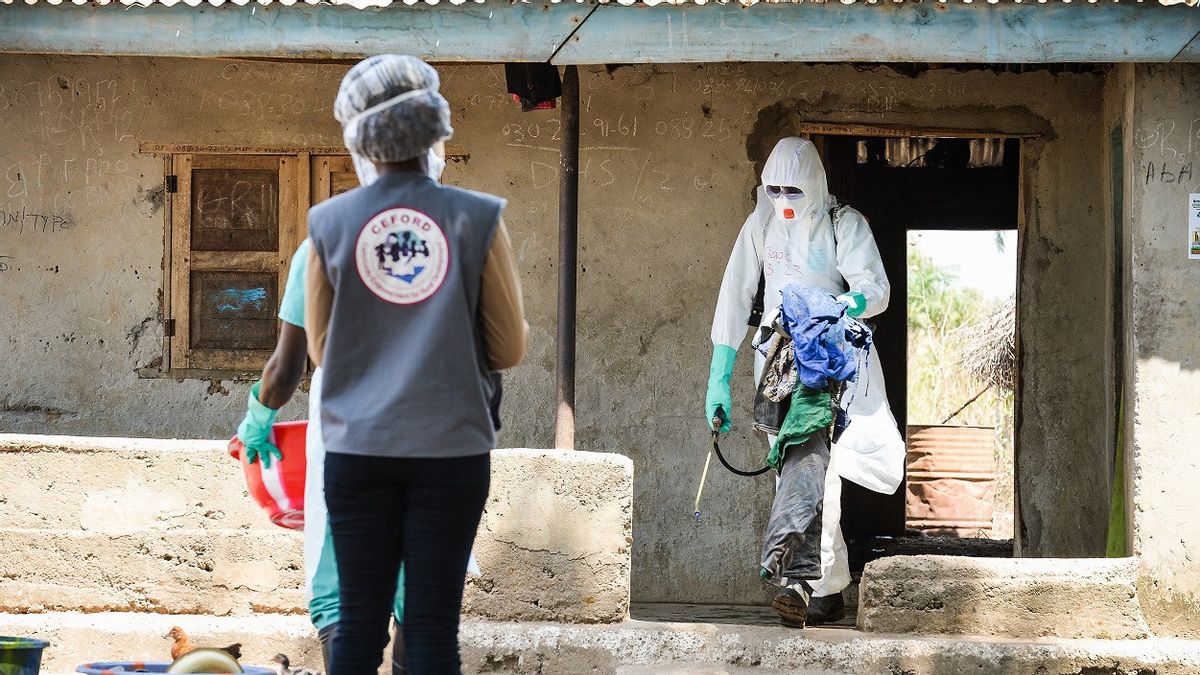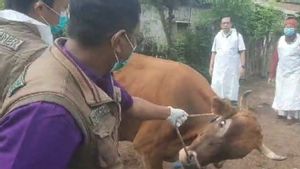JAKARTA - Ugandan authorities said on Sunday the number of Ebola cases had jumped to 16, while 18 others may also have the disease.
The increase in cases has sparked fears of the spread of the outbreak, which involves a type of variant for which a vaccine has not yet been found.
In a tweet, the health ministry also said the death toll from the confirmed cases remained at four, while another 17 classified as likely cases had also died, citing Reuters September 26.
Of concern, the outbreak has also now spread to three districts, all in central Uganda.
The East African nation last week announced an outbreak of Ebola, a hemorrhagic fever whose symptoms include intense weakness, muscle aches, headaches, and sore throat, vomiting, diarrhea, and rash.
The current outbreak, attributed to the Sudanese strain of Ebola, appears to have started in a small village in Mubende district around early September, authorities said.
The first victim was a 24-year-old man who died earlier this week.
Separately, the World Health Organization (WHO) said the Sudanese strain of Ebola was less contagious and had shown lower death rates in previous outbreaks, than Zaire's Ebola, the strain that killed nearly 2,300 people in the 2018-20 epidemic in neighboring Democratic Republic of Congo.
As previously reported, an Ebola outbreak has been announced in Uganda, after health authorities confirmed a relatively rare case of the Sudanese strain.
"Uganda is no stranger to effective Ebola control. Thanks to its expertise, action has been taken to detect the virus quickly and we can rely on this knowledge to stop the spread of infection," said Matshidiso Moeti, WHO Africa regional director.
SEE ALSO:
It is known that Uganda last reported an outbreak of the Sudan Ebola virus in 2012 and an outbreak of the Zaire Ebola virus in 2019.
The WHO says vaccinating high-risk people with the Ervebo vaccine is highly effective in controlling the spread of Ebola in recent outbreaks in the Democratic Republic of Congo and elsewhere, but that the vaccine is only approved to protect against the Zaire strain.
Another vaccine produced by Johnson & Johnson may be effective but has not been specifically tested against the Sudanese strain, he added.
The English, Chinese, Japanese, Arabic, and French versions are automatically generated by the AI. So there may still be inaccuracies in translating, please always see Indonesian as our main language. (system supported by DigitalSiber.id)


















